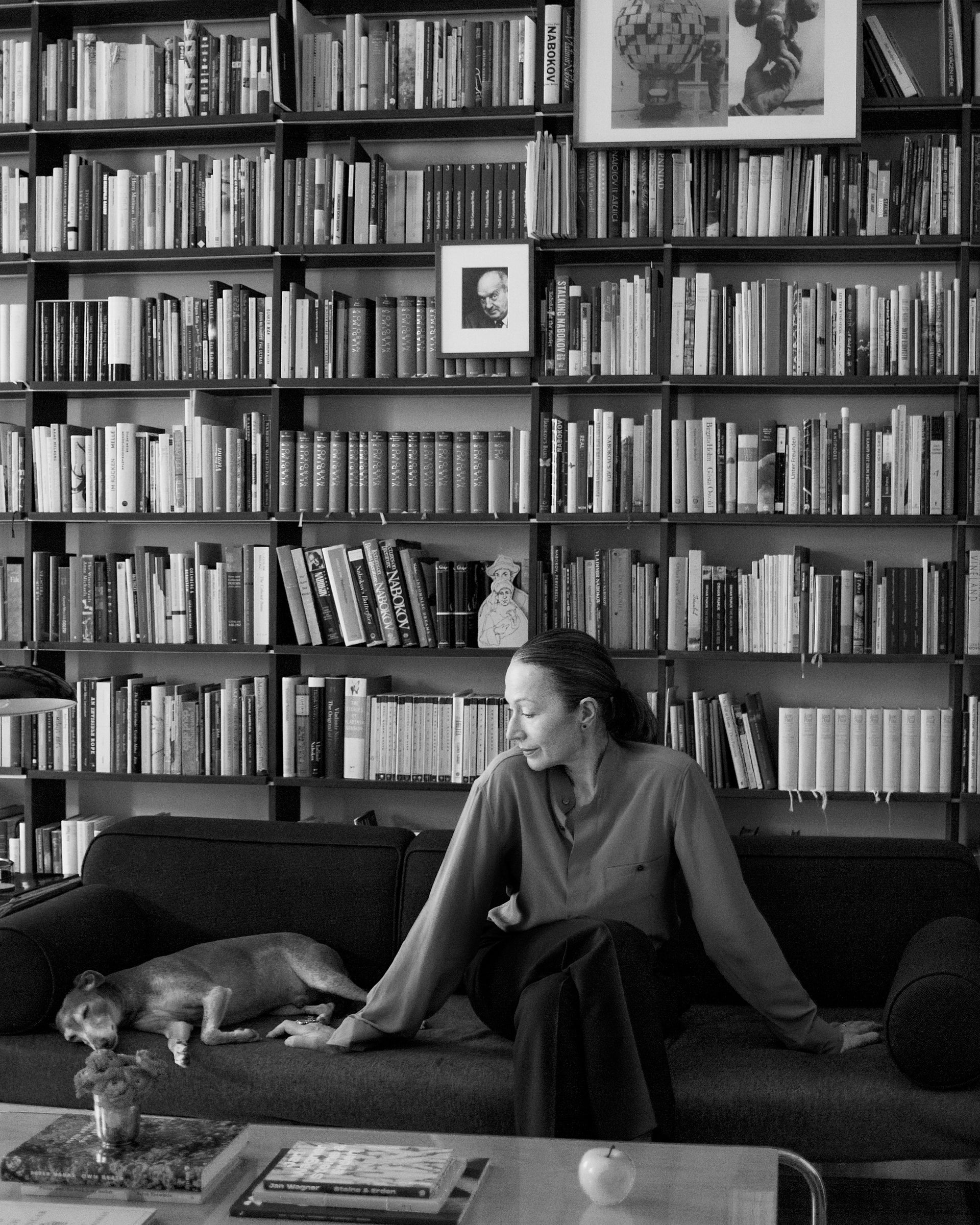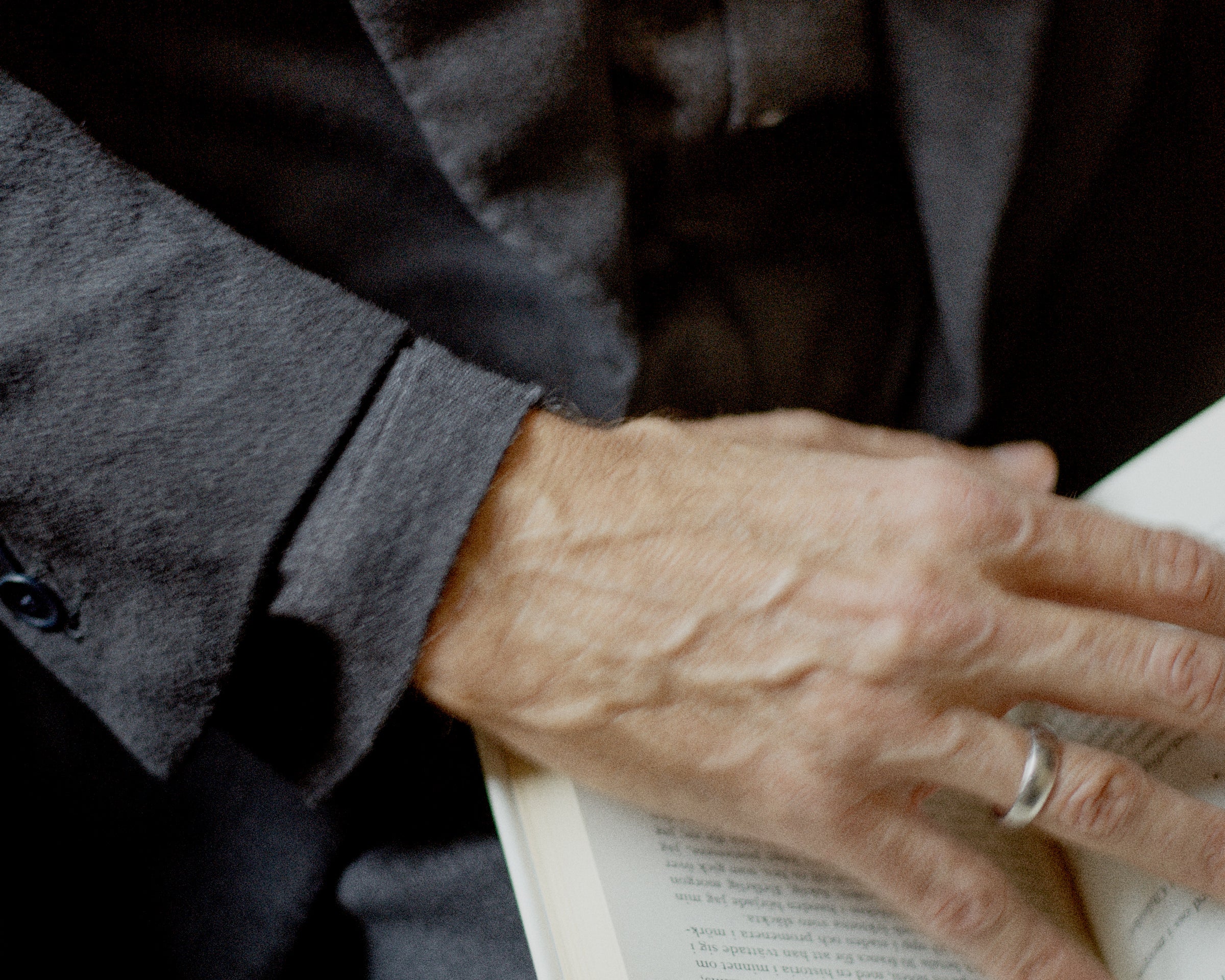Grand Passion
Aris Fioretos is not only a widely renowned novelist, but also the Swedish translator of writers such as Friedrich Hölderlin, Vladimir Nabokov and Jacques Derrida. Marina Schiptjenko is a pop star and co-owner of internationally acclaimed Gallery Andréhn-Schiptjenko. When not travelling, they spend their life together in Sweden and Greece, always close to art, fine objects and books.
Aris Fioretos is not only a widely renowned novelist, but also the Swedish translator of writers such as Friedrich Hölderlin, Vladimir Nabokov and Jacques Derrida. Marina Schiptjenko is a pop star and co-owner of internationally acclaimed Gallery Andréhn-Schiptjenko. When not travelling, they spend their life together in Sweden and Greece, always close to art, fine objects and books.


Libraries offer adventures of thought and emotion, they allow insights into other lives, times and places. More than most rooms, they are also an expression of the personality of their owner. Much like the contents of a medicine cabinet may tell the story of a person’s health, the books lining the shelves of a library offer discreet revelations of their owner’s tastes, interests and even psyche. As the inscription found by archeologists in Trajan’s Forum in Rome affirms, the library remains a “dispensary of the soul.”
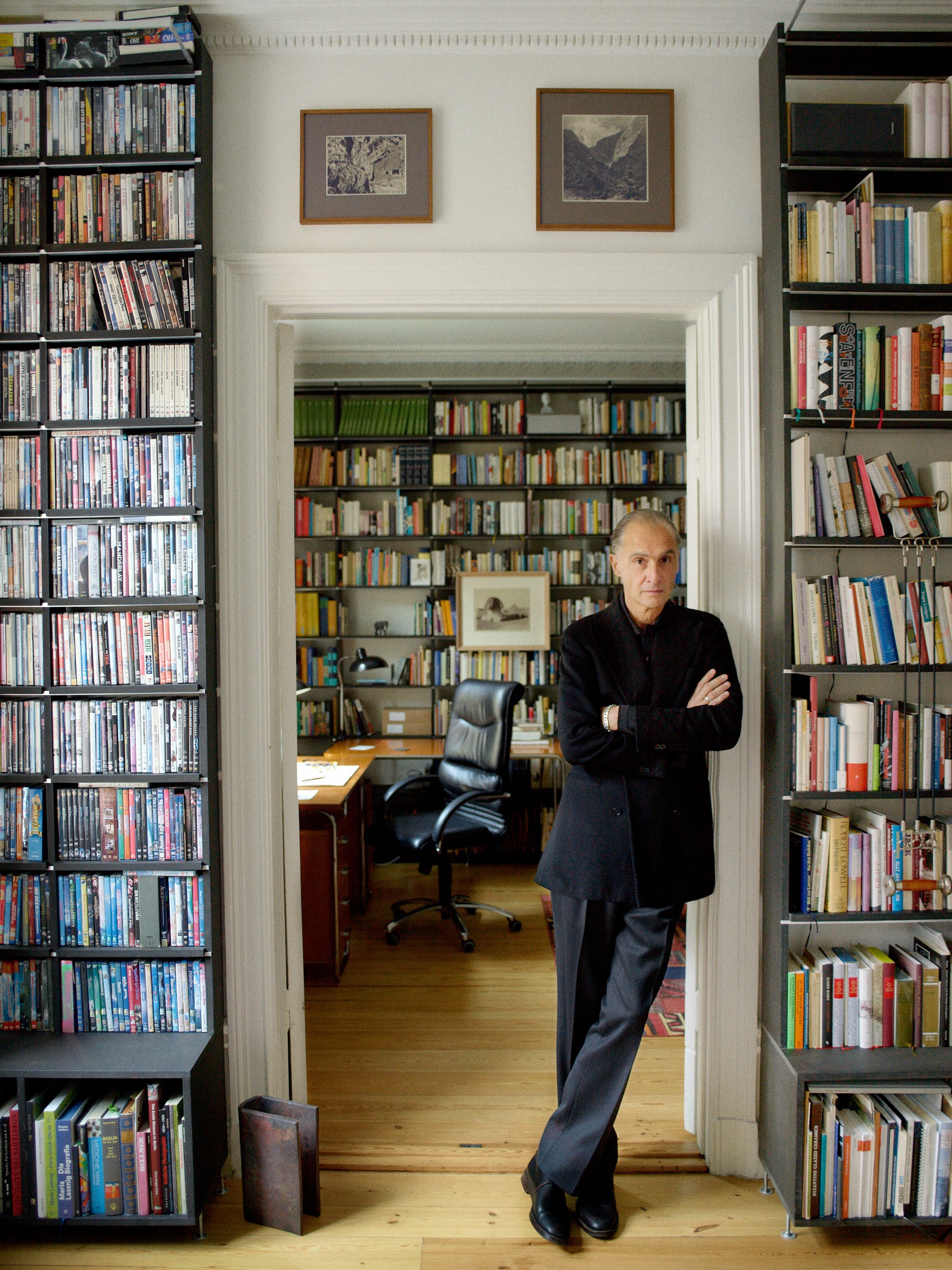
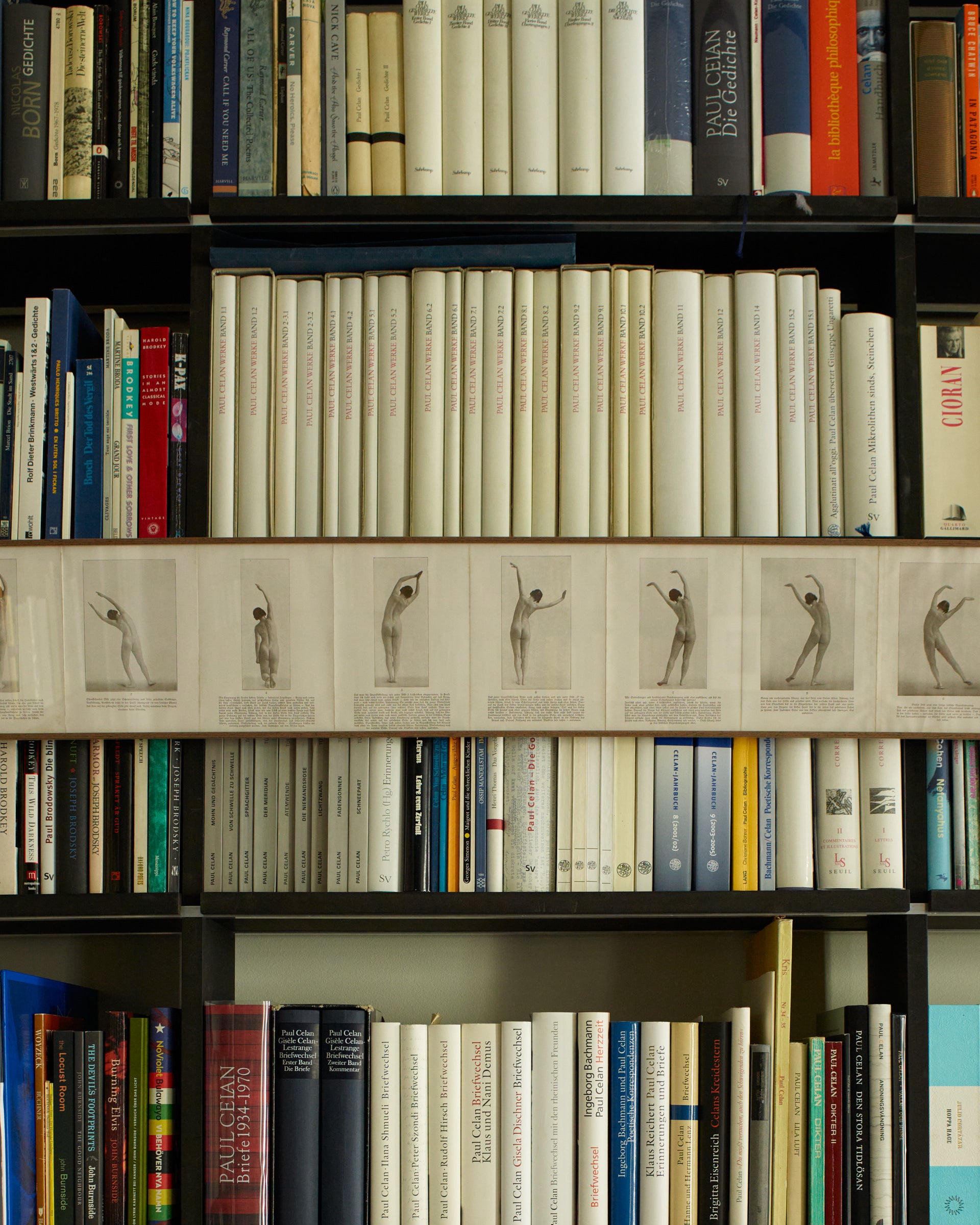
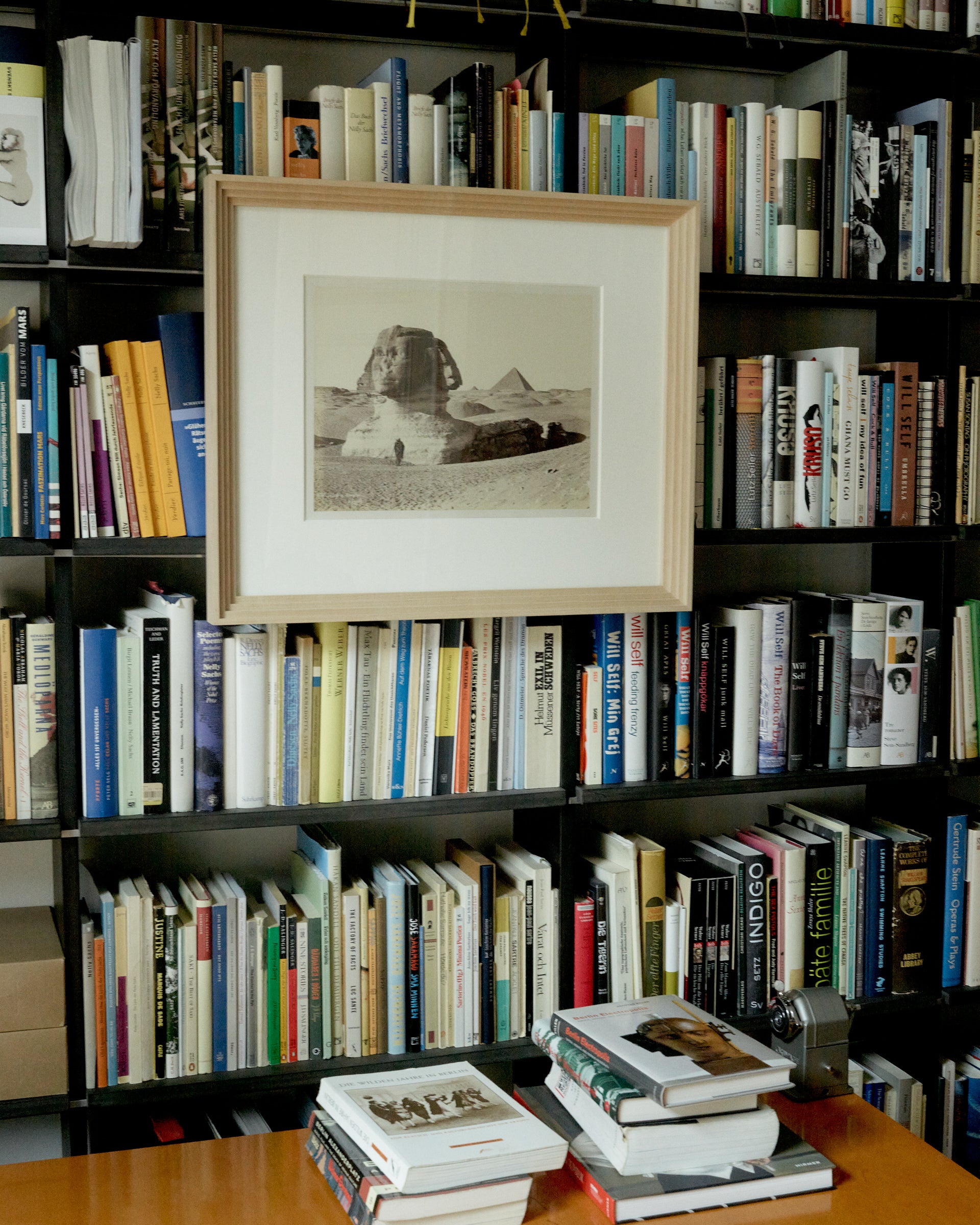
Like all objects of quality, books require us to slow down and invest time in the passions revealed. The more attention given to the pages between their covers, the more we engage with them, the grander their impact on our lives. This process of slowing down is radical in the fast-paced reality that has become our lot. Until the founding of the Sorbonne library in 1257, libraries were principally limited to religious practices; today, the private library offers sanctuary from the hectic energies of daily chores.
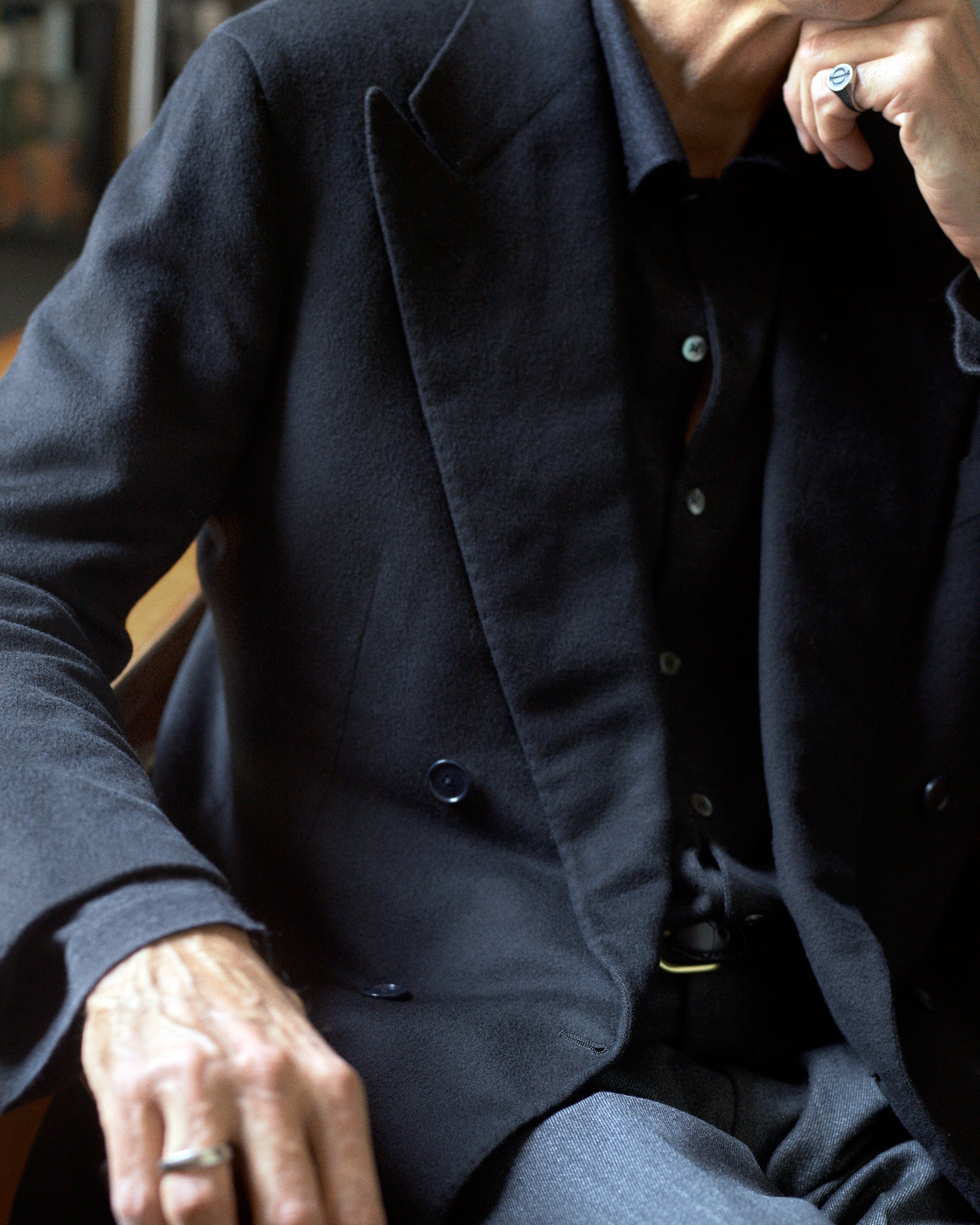
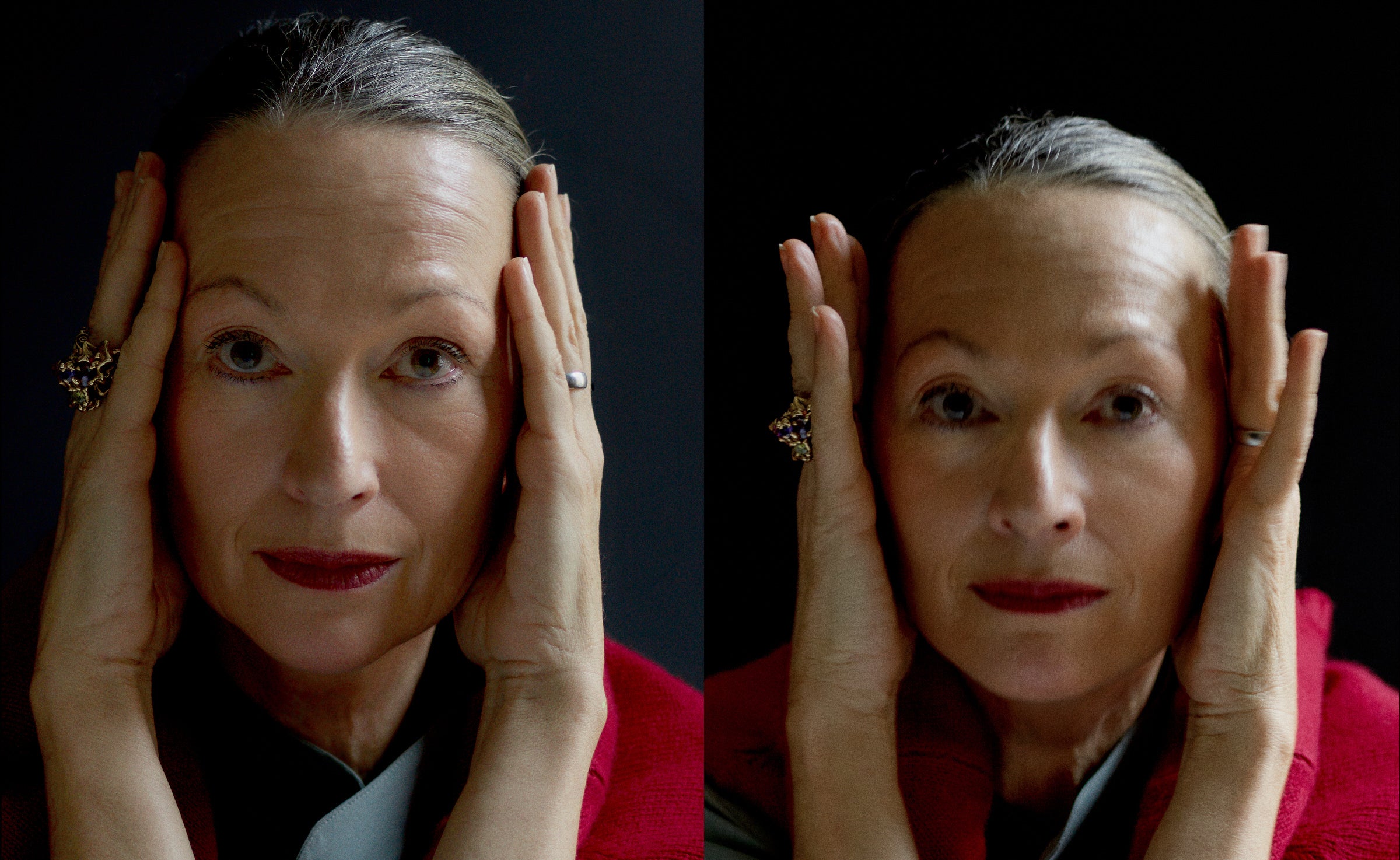
“If I were blind, I would still take pleasure in holding a beautiful book,” French orientalist Silvestre de Sacy swore more two hundred years ago, and our relationship with books is indeed a promise of tactility. Much like clothes in general and tailoring in particular, the sensory experience of a book is not limited to the way it looks, but involves the soft rustle of pages turned, the folds and creases of paper, the worlds and wonders of printed matter.
